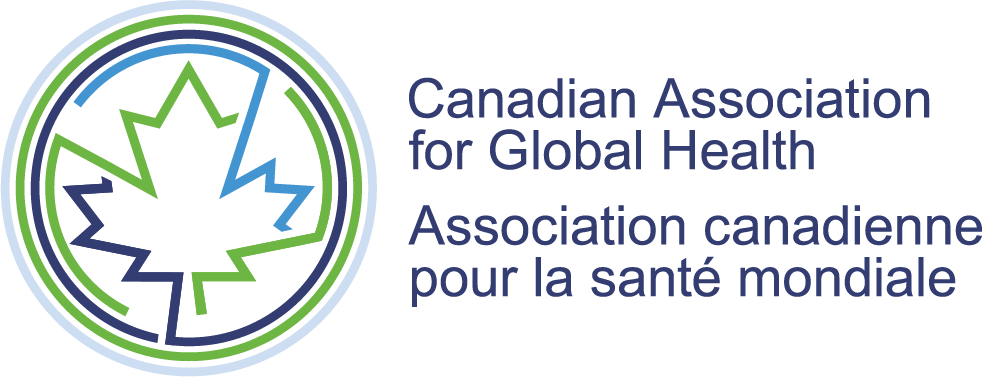Past Projects
CAGH, and its previous organizations CCGHR and CSIH, have engaged in many important global health projects. We have grouped these into thematic areas and provide some details here. These projects have been undertaken with partners in Canada and internationally. Currently, CAGH has refocused its work and is limiting the number and scope of its project engagement. This helps us to focus and enhance our impact as global health convener, partner and champion. Feel free to reach out if you would like to hear more about our current approach!
Between 2021-2023, CAGH was the secretariat for Health Systems Global a global membership organization comprised of researchers, decision-makers and implementers dedicated to promoting health policy and systems research (HPSR) and knowledge translation. HSG organizes a Global Symposium on Health Systems Research every two years bring together a diverse range of players involved in HPSR.
Areas of Expertise
Health systems are strengthened when changes are implemented at the policy level or at the practice level in one or more functions of the health system in order to improve access, coverage, quality or efficiency.
CAGH’s overall framework for health systems strengthening is driven by the values of equity and accountability, supported by the two pillars of a social determinants framework and a “health in all policies” approach.
In applying this approach, CAGH works with partners in government, civil society, community, and academia to build and sustain the necessary leadership and long-term stewardship required for a sustainable health system.
CAGH has identified and supported several key elements of a health system for which technical assistance will have the greatest impact on improving health outcomes.
Health Information Systems include the resources, tools and approaches required to optimize the storage, retrieval and use of primary health care data and information. Tools of health information systems may include clinical guidelines, formal medical terminologies and information and communications technology (ICT). Functional, well-managed and adequately resourced Health Information Systems are an integral part of strong Health Systems as a whole.
